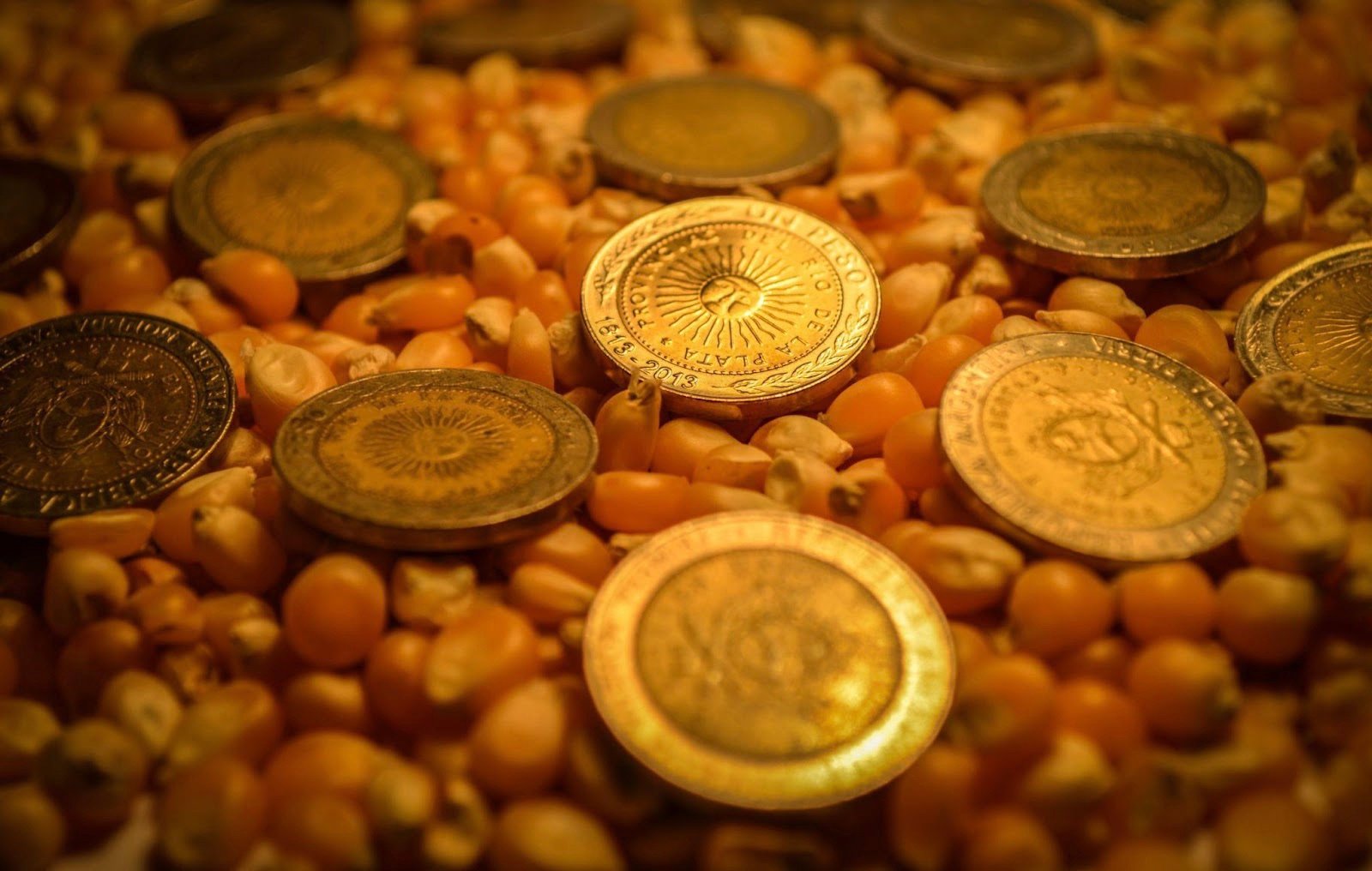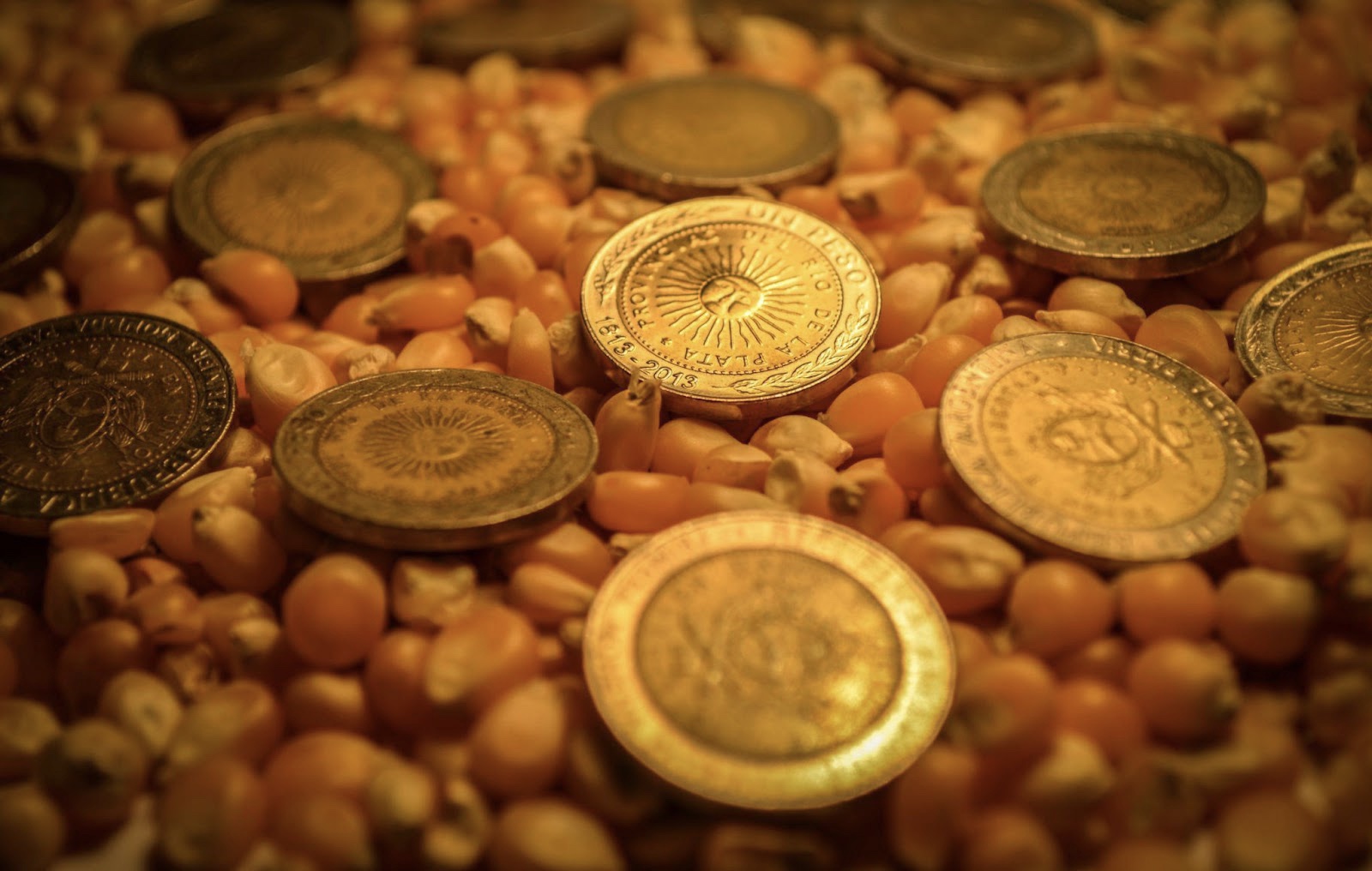
Commodity trading gives investors a special chance to diversify their holdings and possibly profit from changes in the price of agricultural and raw resources. This type of trading has grown in popularity in India, giving people new investment opportunities. This article will act as your starting point for commodity trading if you’re interested in learning more.
Understanding Commodity Trading
Commodity trading entails purchasing and selling tangible assets (like gold, oil, cereals, etc.) as well as financial products (like futures contracts) whose value is derived from such tangibles. Here’s how you can begin commodity trading on an online trading platform in India:
1. Learn the Basics:
It’s critical to educate oneself about the commodities market before you begin trading. Recognize the influences of supply and demand, geopolitics, and economic indicators on commodities pricing.
2. Open a Trading Account:
To participate in commodity trading, you’ll need to open a trading account with a registered commodity broker. This account will allow you to execute trades on recognized commodity exchanges.
3. Complete the KYC Process:
Compliance with Know Your Customer (KYC) requirements is mandatory. You will need to provide identification and address proof to verify your identity.
4. Obtain a Demat Account:
While not mandatory for commodities trading, having a Demat account can be beneficial for certain types of commodities like gold ETFs.
Choosing Your Commodity
In India, commodities can be broadly categorized into three groups: Agricultural Commodities (e.g., wheat, rice), Metals (e.g., gold, silver), and Energy (e.g., crude oil, natural gas). Each category has its own set of factors influencing prices.
How to Trade in Commodities
Once you have your trading account and have decided on the commodity you want to trade, you can enter the market. There are two primary ways to trade commodities:
1. Spot Market:
In the spot market, commodities are bought and sold for immediate delivery. This involves physical transactions, and prices are determined by current market conditions.
2. Futures Market:
In the futures market, contracts are bought and sold for future delivery of a commodity. These contracts are standardized and traded on recognized commodity exchanges.
Risk Management
Like any form of investment, commodity trading carries risks. A risk management strategy should be put in place. This can entail putting stop-loss orders in place, diversifying your holdings, and keeping up with market developments.
Conclusion
Commodity trading in India offers a unique opportunity for investors to diversify their portfolios and potentially profit from price movements in various raw materials and agricultural products. By understanding the basics of commodity trading, opening a trading account, and choosing the right commodity, you can embark on a successful trading journey.
Interesting Related Article: “How to Start Commodity Trading“









